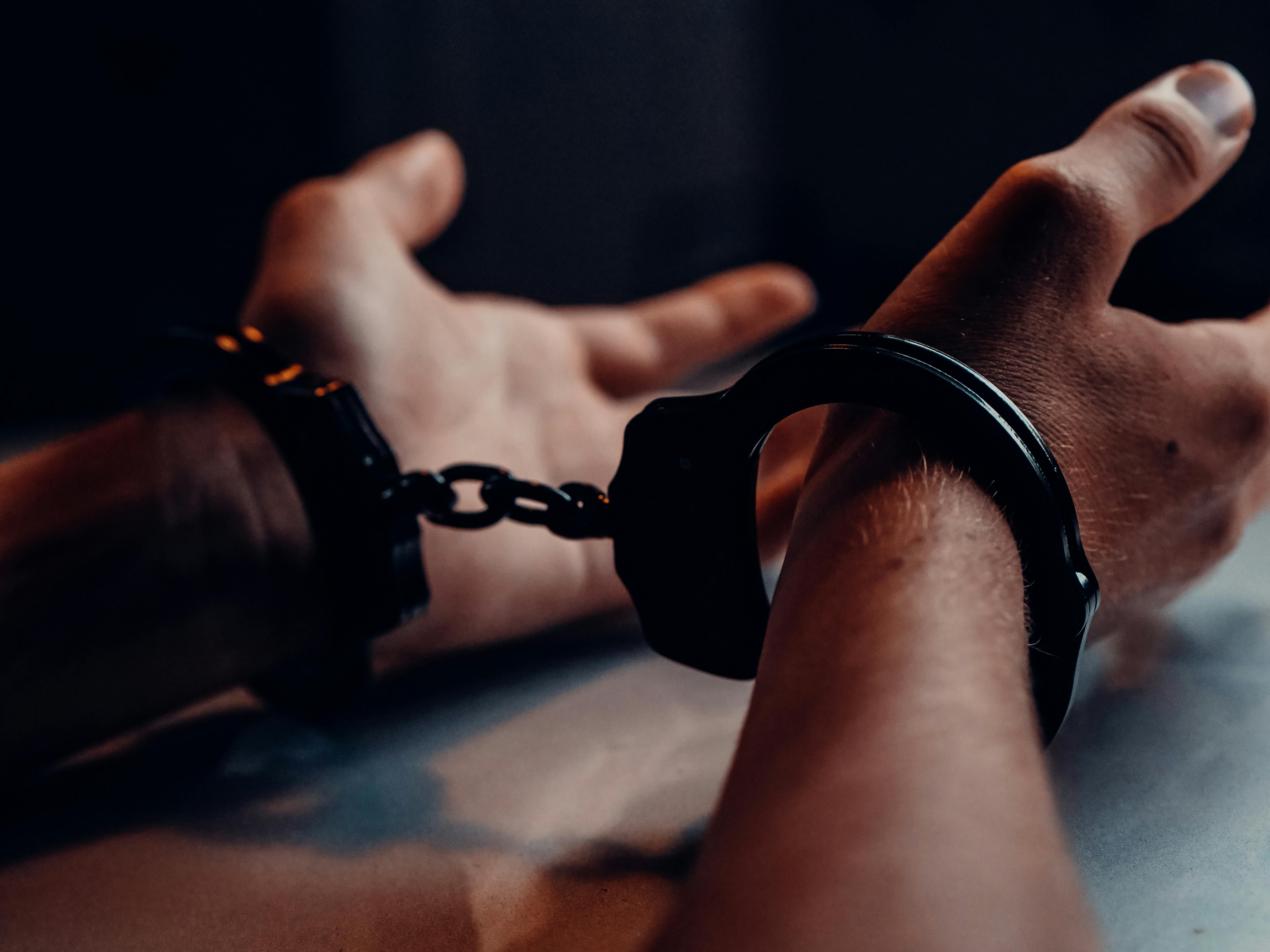Abstract
This contribution explores the growing reliance on anticipatory and catch-all criminal provisions in European counter-terrorism strategies, with a focus on the Italian experience and its broader implications for the rule of law and fundamental rights. Policymakers have increasingly shifted the focus of criminalisation upstream, targeting preparatory behaviours that may not be inherently harmful—such as browsing websites or expressing opinions—on the basis of their perceived proximity to terrorism. Drawing parallels with Italy’s long-standing approach to organised crime, the article critiques the overextension of definitions, such as the widespread application of mafia-type aggravating circumstances, and highlights the dangers of vague legal labelling. Through the insights of Salvatore Calleri, President of the Caponnetto Foundation, the piece argues that conceptual imprecision—labeling what is not terrorism or mafia as such—undermines effective enforcement and feeds radicalisation by fostering perceptions of injustice. Despite Italy’s procedural strengths, such as the independence of the public prosecutor and robust investigative frameworks derived from its fight against organised crime, the spread of overbroad incriminations across Europe threatens fundamental freedoms, due process, and legal certainty. This paper calls for restraint and clarity in defining terrorism-related offences and underscores the importance of proportionality, as outlined in Article 15 of Directive 2017/541. Ultimately, it warns that misuse of criminal law in the name of security risks eroding the very democratic values it purports to defend.

